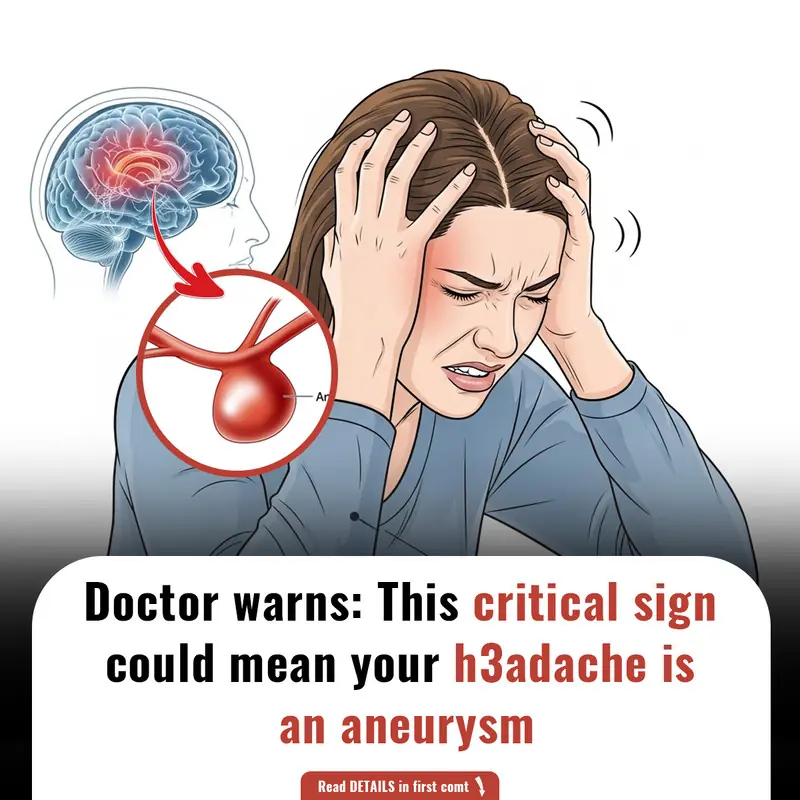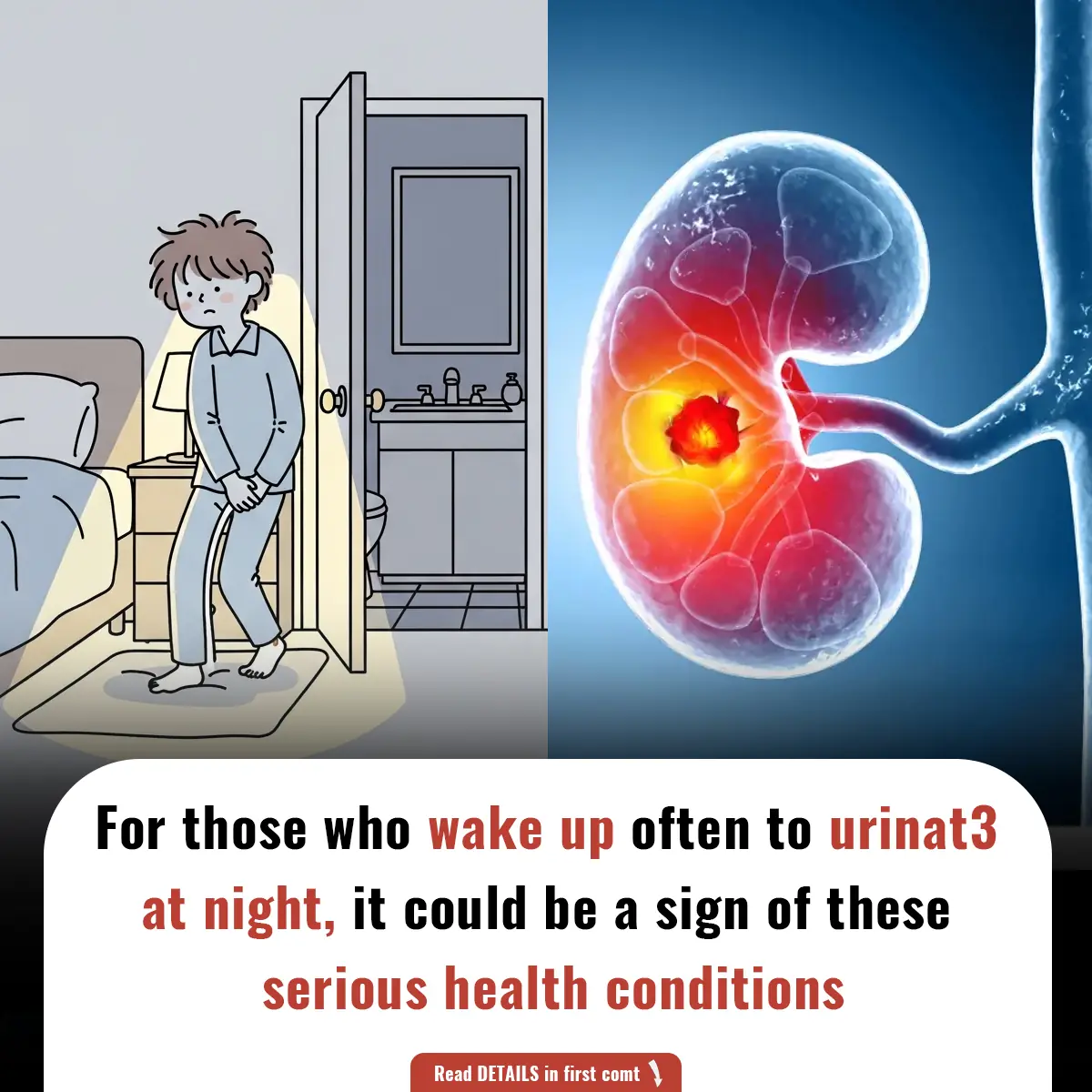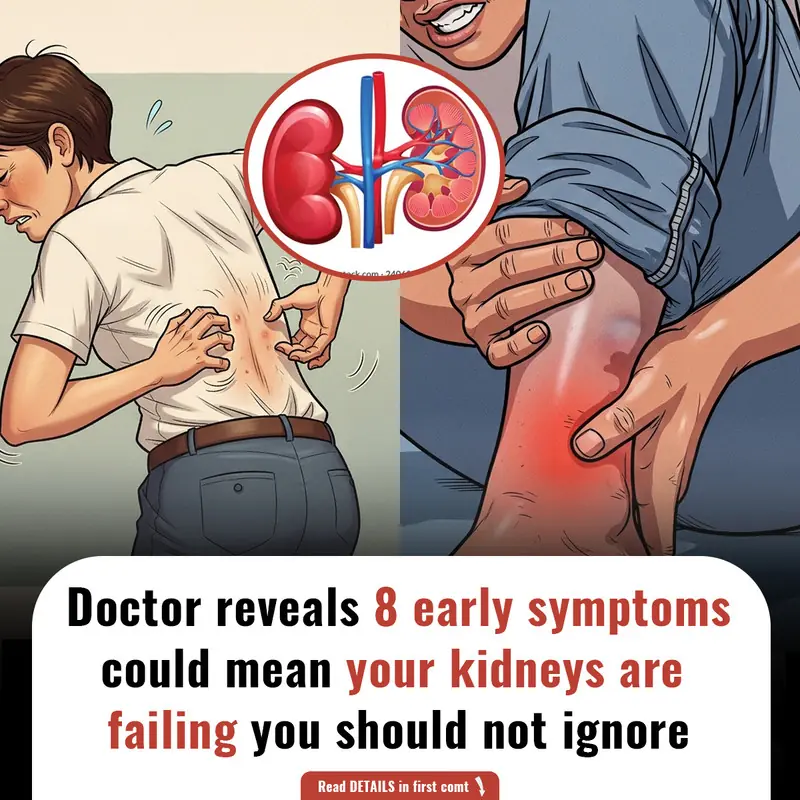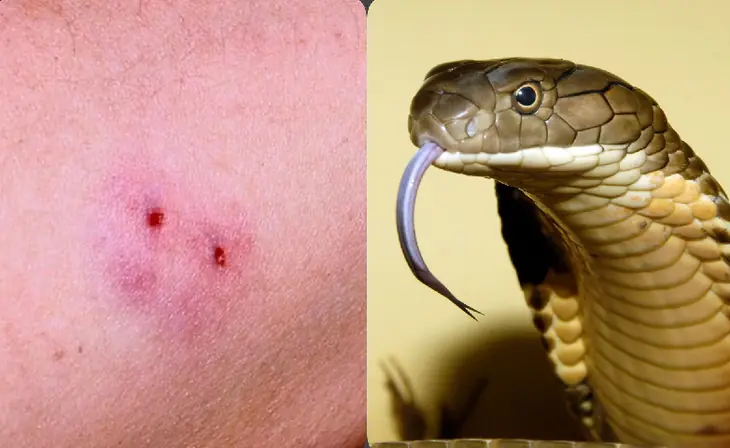What Is Tinnitus?
Tinnitus is a condition characterized by the perception of sound without any external source. People often describe it as ringing, buzzing, roaring, hissing, or whistling in one or both ears. This phantom sound can vary in intensity and frequency and may be constant or intermittent.
The underlying cause of tinnitus is usually related to damage or dysfunction within the inner ear, which alters how the brain processes auditory signals. The condition affects approximately 10-15% of the adult population worldwide, with some experiencing mild inconvenience and others facing severe impacts on daily life.
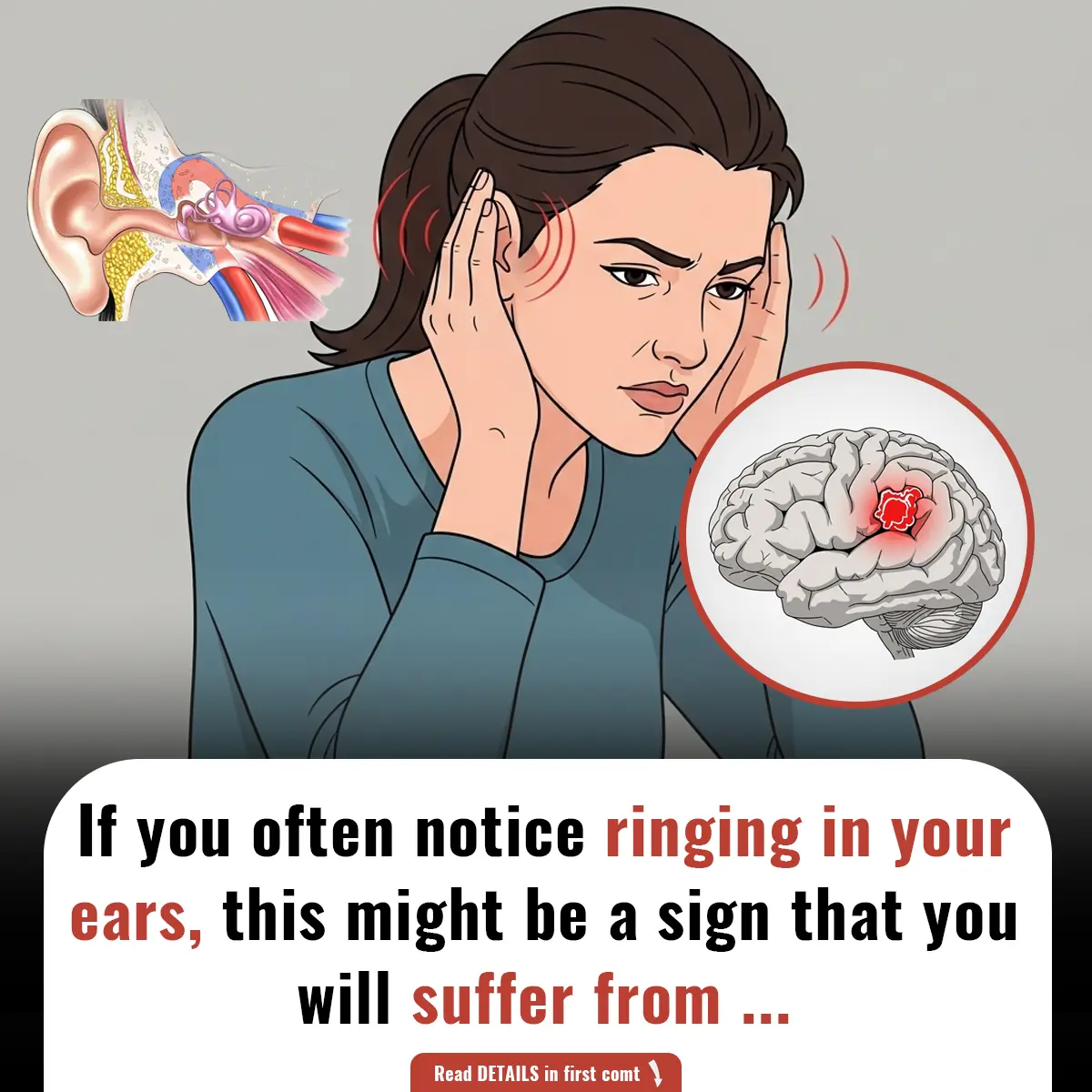
Causes and Risk Factors of Tinnitus
Inner Ear Damage
One of the primary contributors to tinnitus is damage to the hair cells of the cochlea in the inner ear. These sensory hair cells convert sound waves into electrical signals that the brain interprets. Exposure to loud noise, aging-related hearing loss, or ototoxic medications can injure these cells, triggering tinnitus.
Noise Exposure
Frequent exposure to loud environments—such as concerts, construction sites, or workplaces with high noise levels—can lead to tinnitus. Sudden loud noises or prolonged noise exposure are known risks.
Medications
Certain drugs, including high doses of aspirin, some antibiotics, chemotherapy agents, and diuretics, can induce or exacerbate tinnitus as a side effect.
Ear Infections and Blockages
Ear infections, excessive earwax buildup, or any obstruction that affects normal ear function can cause or worsen tinnitus symptoms.
Head and Neck Injuries
Trauma to the head or neck area can affect the auditory nerves, blood flow, or brain function related to hearing, leading to tinnitus.
Impact of Tinnitus on Quality of Life
For some individuals, tinnitus manifests as a minor nuisance. However, persistent tinnitus can significantly affect emotional well-being, sleep quality, concentration, and overall mental health.
Sleep Disturbances
Tinnitus often becomes more noticeable in quiet environments, making it difficult to fall asleep or stay asleep. This disruption contributes to fatigue and decreased daytime functioning.
Mood Disorders
Chronic tinnitus is linked to increased rates of anxiety, depression, irritability, and stress. The constant awareness of ear ringing can foster feelings of helplessness and social withdrawal.
When to Seek Medical Advice
If ringing in the ears persists longer than a week, interferes with sleep, or impairs concentration, it is essential to consult a healthcare professional. Early evaluation can identify underlying causes and guide effective management strategies.
Healthcare providers, including audiologists and otolaryngologists (ENT specialists), will typically perform:
-
Physical examination to detect earwax buildup, infections, or abnormalities.
-
Hearing tests to evaluate hearing loss.
-
Imaging studies (such as MRI) if structural abnormalities or tumors are suspected.
Current Treatments for Tinnitus
There is no universally approved cure for tinnitus, but several therapies help reduce symptoms or improve coping skills.
Sound Therapy
Sound therapy involves introducing external sounds to alter how the brain perceives tinnitus. This approach can mask or distract from the internal ringing.
-
Hearing Aids: Amplify ambient sounds and may reduce tinnitus perception, especially for those with hearing loss.
-
Wearable Sound Generators: Devices similar to hearing aids that emit continuous soothing sounds, such as white noise or nature sounds.
-
Combination Devices: Provide amplification plus sound masking, useful for individuals with both tinnitus and hearing impairment.
Behavioral Therapies
These aim to reduce the emotional distress and improve the psychological response to tinnitus.
-
Cognitive Behavioral Therapy (CBT): Helps individuals recognize and change negative thought patterns and reactions related to tinnitus, reducing anxiety and improving quality of life.
-
Tinnitus Retraining Therapy (TRT): Combines sound therapy and counseling to retrain the brain to perceive tinnitus as a neutral signal, diminishing its intrusiveness.
Medications
Although no medication is FDA-approved specifically for tinnitus, some drugs prescribed for other conditions may alleviate symptoms or related issues.
-
Antidepressants: Particularly useful if tinnitus is accompanied by depression or anxiety.
-
Anxiolytics: May help reduce anxiety and improve sleep but carry risks and should be used cautiously.
-
Other Off-Label Drugs: Vasodilators, anticonvulsants, and antihistamines have been explored but lack consistent evidence of efficacy.
Experimental and Alternative Therapies
Interest in complementary treatments continues, although rigorous scientific support is limited.
-
Acupuncture: May reduce tinnitus loudness and stress by improving blood flow; clinical trials show mixed results.
-
Herbal Supplements: Panax ginseng and Ginkgo biloba are popular but have inconclusive evidence for tinnitus relief.
-
Mindfulness and Relaxation Techniques: Yoga, meditation, and breathing exercises have demonstrated benefits in reducing tinnitus-related distress.
Lifestyle Modifications and Self-Management
Patients can adopt several strategies to minimize tinnitus impact:
-
Avoid exposure to loud noises and use hearing protection.
-
Reduce consumption of alcohol, caffeine, and nicotine, which may exacerbate symptoms.
-
Manage stress proactively with relaxation techniques or therapy.
-
Maintain regular sleep schedules to improve restorative sleep.
-
Use background sounds (white noise machines, fans) to mask tinnitus during quiet periods.
The Future of Tinnitus Research
Emerging research is focusing on understanding the neurological basis of tinnitus to develop targeted treatments, such as neuromodulation and drug therapies aimed at auditory pathways and brain plasticity.
Large-scale clinical trials and advancements in imaging technology may soon provide better diagnostics and personalized therapy options.
Summary
Tinnitus is a complex condition characterized by the perception of sound without external stimuli. While it can range from a minor inconvenience to a debilitating condition, multiple evidence-based treatments and coping strategies are available.
Early medical consultation is critical to identify underlying causes and optimize management. Integrating sound therapy, behavioral therapy, medication when appropriate, and lifestyle adjustments offers the best chance of improving symptoms and quality of life.
References
-
National Institute on Deafness and Other Communication Disorders (NIDCD)
-
American Tinnitus Association
-
Healthline: Tinnitus Overview and Treatment
-
Mayo Clinic: Tinnitus Diagnosis and Management
-
Journal of Clinical Neuroscience: Sound Therapy for Tinnitus
-
Cochrane Reviews on Behavioral Therapies for Tinnitus
-
Complementary Medicine Studies on Acupuncture and Herbal Remedies


